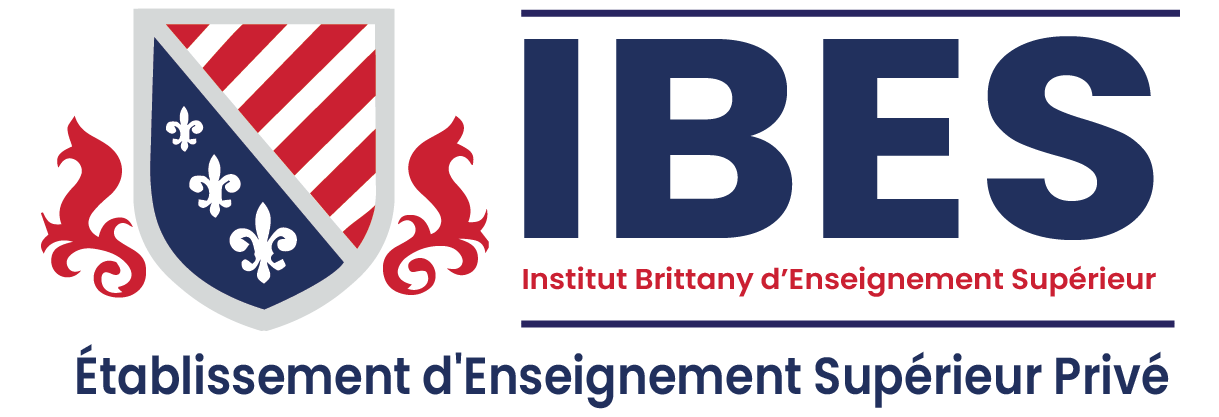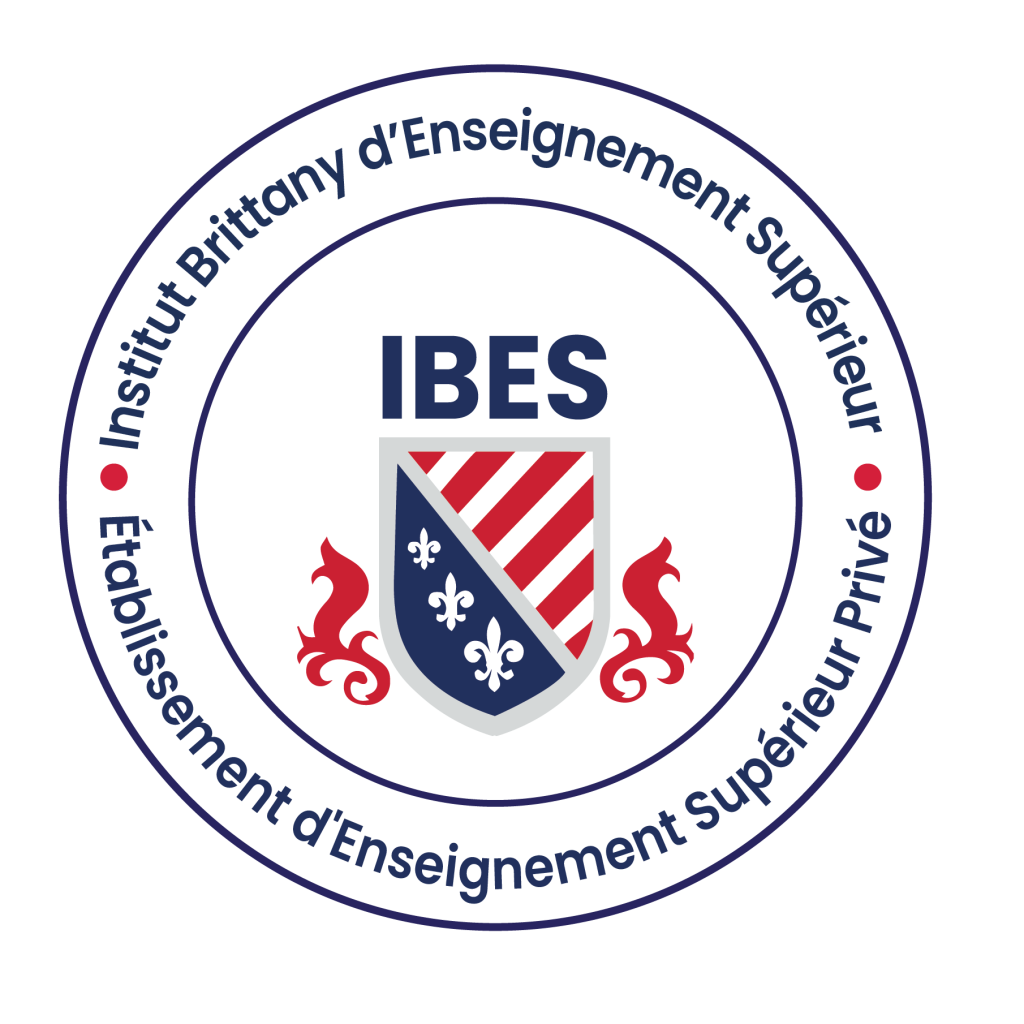The Doctor of Business Administration (“DBA”) is a programme equivalent to 120 ECTS credits. It allows students to achieve doctoral award from Institut d’Enseignement Supérieur (IBES).
The DBA programme equips senior business practitioners and high-potential individuals with both knowledge as well as the applied and research skills needed to become executive-level organizational leaders, industry innovators, consultants, and policy makers. Students ethically address complex and practical business challenges and learn how to transform business practices to create organizational optimization, growth, and sustainability via rigorous applied research.
Awards to be conferred
- Doctor of Business Administration (DBA) from IBES: Sample Certificate
- Doctor of Business Administration (DBA) from IBES: Sample Transcript
Aims
The DBA is designed with the following aims:
- To produce and equip a new breed of manager-leaders with the ability to develop a vision for the future, think critically and plan strategically, implement effective business policies and make sound decisions to achieve business goals.
- To enhance the research capability by undertaking a systematic and scientific research which will contribute to both the expansion of knowledge and management practices.
Programme Learning Outcomes
Students graduating from the DBA will be able to:
- Demonstrate mastery of research methodologies and techniques to independently design, conduct, and critically evaluate original research that contributes new knowledge to the field of business.
- Critically engage with and contribute to the development of advanced theories, frameworks, and models in business and management disciplines.
- Communicate complex research findings effectively to academic, professional, and policy-making audiences through high-quality thesis, publications, presentations, and other scholarly outputs.
- Apply ethical principles and responsible research practices in all aspects of scholarly inquiry, including data collection, analysis, authorship, and dissemination.
- Demonstrate the ability to think strategically and systemically about complex business problems, integrating multidisciplinary perspectives to generate innovative solutions.
- Translate research findings into actionable insights that inform business practice, policy development, and societal advancement, demonstrating impact beyond academia.
Assessments
The final award is based on two major assessed components and a mandatory oral defence.
1. Doctoral Thesis Research Proposal (25%)
- Clarity, relevance, and originality of the research problem and objectives. (5%)
- Depth of review and critical engagement with literature, identifying research gaps. (5%)
- Appropriateness, rigor, and feasibility of the proposed methodology. (7%)
- Potential contribution to knowledge in the field of business. (3%)
- Identification and handling of ethical issues. (2%)
- Coherence, clarity, and academic writing standards. (3%)
2. Final Doctoral Thesis (75%)
- Originality and Contribution: Significant original contribution to business knowledge. (15%)
- Literature Integration & Theoretical Depth: Critical synthesis and strong theoretical grounding. (10%)
- Methodological Rigor: Robustness of research design and execution. (15%)
- Data Analysis & Interpretation: Depth and insightfulness of analysis. (10%)
- Discussion & Implications: Relevance and impact of findings for theory and practice. (10%)
- Structure, Clarity & Academic Writing: Logical flow and adherence to academic standards. (10%)
- Ethical Compliance & Research Integrity: Evidence of ethical conduct throughout the research. (5%)
3. Oral Defence (Viva Voce)
- A mandatory defence of the thesis to authenticate the work.
- Must be passed to be awarded the degree.
Entry Requirements
An applicant may be admitted on the basis of evidence to suggest that he/she will be able to fulfil and benefit from the objectives of the programme and achieve the standard required for the award. Criteria used in considering admissions to the programme include, candidates’ language proficiency, working experience, academic and professional qualifications.
- Summary of Entry Requirements
- A Master’s degree in any field; or
- Other qualifications recognised by IBES as equivalent to a Master’s degree.
- Demonstrate English language proficiency in order to participate in the programme taught in English.
- Proficiency of English shall include either a recognised English proficiency testing score of IELTS overall band of 6.0 or equivalent. Those having undertaken either an undergraduate, postgraduate, or professional qualification taught and assessed in English will also be accepted as having met the English proficiency.
Subject to the final approval of IBES, any potential student that has done a qualification examined in English at European Qualification Framework (EQF) level 2 and above would satisfy the English requirement.
For those that are not able to provide the above proof of English, we have an English test administered by ESOL Awards and on passing this at B2 level, you would satisfy the English language requirement. Please contact IBES for details.
Advanced Standing/ Exemptions/ Credits Transfer (APL)
Not applicable – This programme is fully research-based and does not include taught modules for which exemptions or credit transfers can be granted.
Programme Structure
DBA by Research
The Doctor of Business Administration (DBA) is a research-based programme equivalent to 120 ECTS credits, delivered in three distinct stages.
| Stage | Component | Description | Weighting | Word Count |
|---|---|---|---|---|
| 1 | Thesis Preparation | Mandatory Business Research Methodology module (non-credit). | N/A | N/A |
| Thesis Proposal | Development and submission of a research proposal. | 25% | 4,500 – 5,000 | |
| 2 | Final Thesis | Conducting original research and writing the final dissertation. | 75% | 40,000 – 45,000 |
| 3 | Oral Defence (Viva Voce) | Mandatory defence of the thesis before an examination panel. | Mandatory (Pass/Fail) | N/A |
Completion Time: The programme must be completed within a maximum of 36 months.
Mode of Delivery
Blended Learning Mode
- Stage 1: ~508 hours
- Thesis Preparation (Research Methodology): 250 hours
- Supervision (Face-to-face/Online): 8 hours
- Thesis Proposal Preparation: 250 hours
- Stage 2: ~2592 hours
- Supervision (Face-to-face/Online): 20 hours
- Final Thesis Research & Writing: 2572 hours
Fully Online Mode
- Stage 1: ~508 hours
- Thesis Preparation (Research Methodology): 250 hours
- Online Supervision: 8 hours
- Thesis Proposal Preparation: 250 hours
- Stage 2: ~2592 hours
- Online Supervision: 20 hours
- Final Thesis Research & Writing: 2572 hours
Notional Hours
Notional hours are defined in terms of the amount of time it should take a learner to achieve the learning outcomes. The total programme requires approximately 3000 hours of study and research.
Pricing
| French Residents Distance Learning | International Distance Learning | On Campus |
|---|---|---|
€3,300 | €9,900 | €9,000 |


